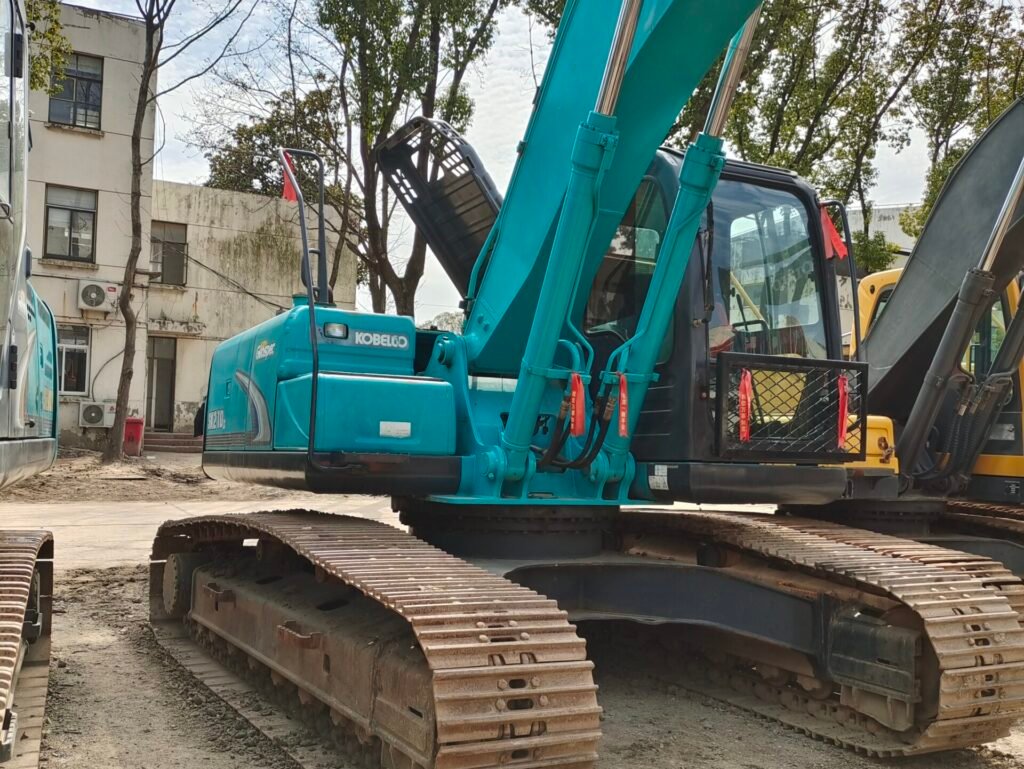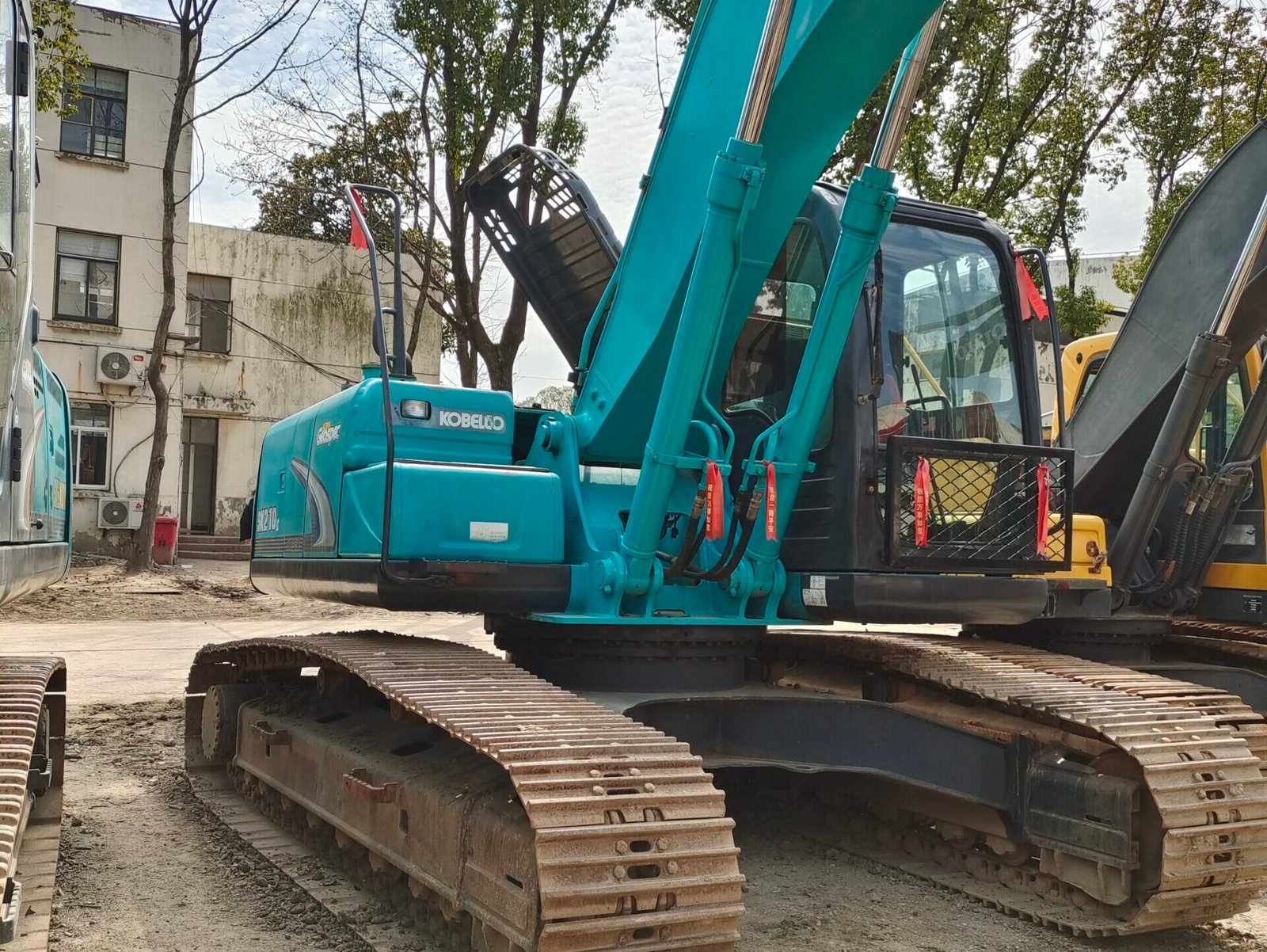I. Introduction
- Overview of Import Costs
- The import process involves a variety of costs that can significantly impact a business’s bottom line. Understanding these costs is crucial for effective financial planning and decision-making. This includes not only the purchase price of the goods but also various taxes and fees that may apply upon importation.
- Objectives
- This guide aims to provide a comprehensive framework for budgeting import taxes and related fees. By exploring the intricacies involved in calculating and managing these costs, businesses can make informed financial decisions that enhance their operational efficiency and profitability.
II. Import Taxes
- Definition and Types of Import Taxes
- Import taxes primarily consist of tariffs, which are taxes imposed on imported goods based on their classification and value. Additionally, Value-Added Tax (VAT) and other local taxes may apply depending on the destination country’s regulations. Understanding the specific types of taxes applicable in different jurisdictions is essential for accurate budgeting.
- Calculating Import Taxes
- The calculation of import taxes typically involves determining the customs value of the goods, which includes the purchase price, shipping costs, and insurance. Businesses must also familiarize themselves with the applicable tariff rates for their products, as these rates can vary by country and product category. Tools such as customs duty calculators can assist in estimating these costs.
- Impact of Taxes on Overall Costs
- Import taxes can significantly affect the total landed cost of goods, which includes all expenses incurred until the goods reach their final destination. This can impact pricing strategies and profit margins. Therefore, businesses should explore strategies for minimizing tax liabilities, such as utilizing free trade agreements or seeking tariff classification assistance.
III. Inspection Fees
- Necessity of Inspections
- Inspections are often mandated by local regulations to ensure that imported goods meet safety, health, and environmental standards. Certain products may require specific certifications or compliance checks, making inspections a critical component of the import process.
- Cost of Inspections
- Inspection fees can vary widely based on factors such as the type of inspection required and the agency conducting it. Businesses should prepare for costs associated with initial inspections as well as any necessary follow-up inspections. Obtaining quotes from multiple inspection providers can help in budgeting accurately.
- Budgeting for Inspection Fees
- To effectively budget for inspection fees, businesses should estimate these costs based on the types of goods being imported and the likely inspection requirements. Incorporating a buffer for unexpected inspection costs can also be beneficial, as this can help mitigate the financial impact of unforeseen compliance issues.
IV. Transportation Fees
- Types of Transportation Costs
- Transportation costs encompass various charges associated with moving goods from the supplier to the destination. This includes freight charges, fuel surcharges, handling fees, and potential duties at transfer points. Understanding the different shipping methods—such as air, sea, and land—and their respective costs is essential for effective budgeting.
- Calculating Transportation Costs
- Several factors influence transportation costs, including the distance traveled, the weight and volume of goods, and the chosen shipping method. Businesses can utilize freight calculators and shipping quotes from carriers to obtain accurate estimates for their budgets. Additionally, considering seasonal fluctuations in shipping rates can aid in budget planning.
- Budgeting for Transportation
- Incorporating transportation costs into the overall import budget requires a thorough understanding of all potential fees. Businesses should also explore options for optimizing shipping routes and methods to reduce costs while ensuring timely delivery. Regularly reviewing transportation expenses against budgeted amounts can help identify areas for improvement.

V. Storage Costs
- Understanding Storage Needs
- The need for storage arises based on factors such as the volume of goods imported, their turnover rates, and the duration for which they will be held. Understanding these needs is crucial for selecting appropriate storage solutions that align with business operations.
- Calculating Storage Costs
- Storage costs can vary significantly based on the type of storage option chosen—whether using in-house facilities or third-party logistics providers. Businesses should assess costs associated with rent, utilities, and inventory management systems to get a complete picture of storage expenses.
- Incorporating Storage Costs in Budgeting
- Effective budgeting for storage expenses requires forecasting based on historical data and anticipated inventory levels. Implementing inventory management practices can help minimize excess storage costs and ensure that budget allocations are optimized.
VI. Comprehensive Budgeting Strategy
- Creating a Complete Budget
- Developing a comprehensive budget involves identifying all relevant costs, including taxes, inspection fees, transportation, and storage costs. Businesses should compile this information into a structured budget format that allows for easy tracking and adjustments.
- Monitoring and Adjusting the Budget
- Regularly monitoring the budget against actual expenses is vital for financial health. Businesses should conduct variance analysis to identify discrepancies and adjust budgets accordingly. This proactive approach enables companies to respond to changing market conditions and unexpected expenses effectively.
VII. Conclusion
- Summary of Key Points
- Understanding and budgeting for import taxes and costs is essential for maintaining financial health and operational efficiency in international trade. By considering all relevant expenses, businesses can make informed decisions that enhance their competitive positioning.
- Call to Action
- Companies are encouraged to conduct thorough cost analyses, implement effective budgeting strategies, and regularly review their financial plans. By doing so, they can ensure successful importing operations and achieve long-term financial sustainability. Engaging with financial experts or consultants can further enhance budgeting accuracy and efficiency.



